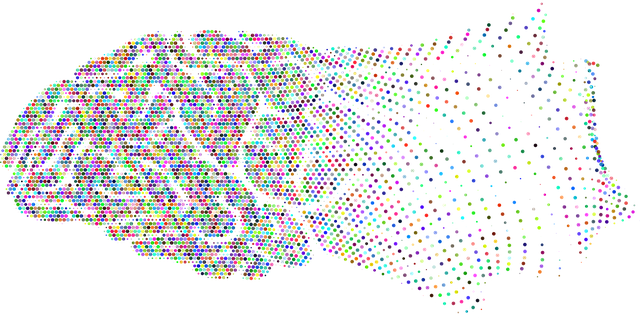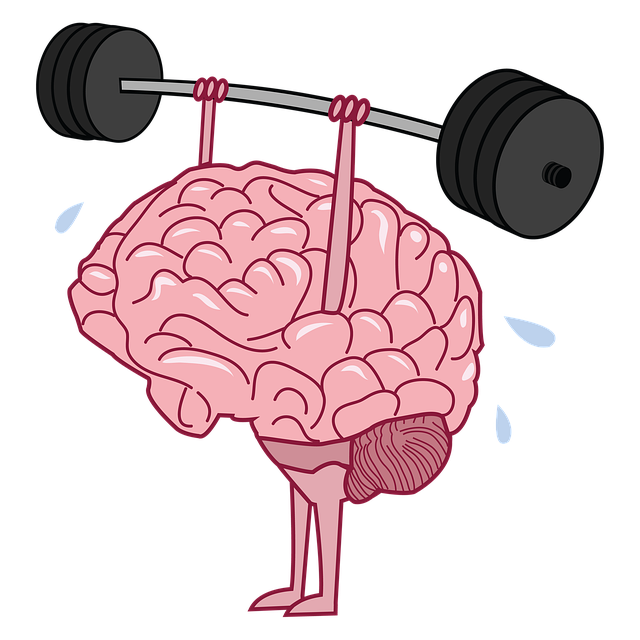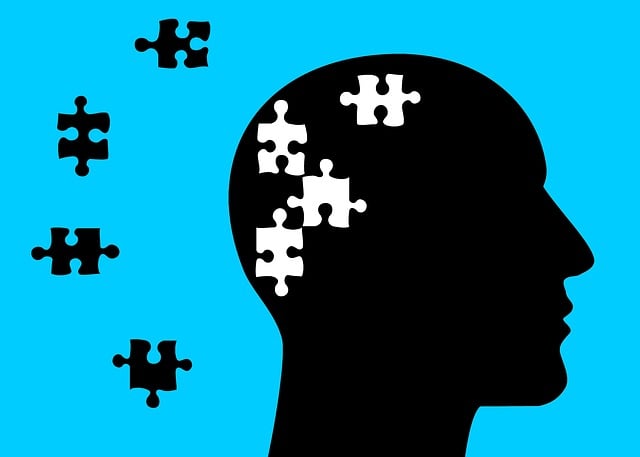Lakewood American Sign Language (ASL) Therapy provides specialized social skills training for individuals with mental health conditions, addressing challenges like anxiety, depression, and schizophrenia in communication and social interactions. Using ASL as a tool, their holistic approach combines workshops, group activities, role-playing, and self-care practices to reduce stress, enhance well-being, and improve non-verbal expression. This unique training equips clients with effective coping skills for managing social situations, fostering better relationships, increasing self-esteem, and promoting a sense of belonging in supportive environments, while also supporting mental health professionals' risk management through additional skillsets.
Social skills training is a powerful tool for individuals navigating mental health conditions, offering a path to enhanced well-being. This comprehensive guide explores how understanding social interactions can significantly impact mental health and why it’s crucial for those facing challenges. We delve into the unique benefits of Lakewood American Sign Language (ASL) therapy as an innovative approach to building social skills. Discover effective strategies and real-life applications that empower individuals to navigate social environments with confidence and improved mental resilience.
- Understanding Social Skills and Their Impact on Mental Health
- Identifying Challenges in Social Interaction for Individuals with Mental Health Conditions
- The Role of Lakewood American Sign Language (ASL) Therapy in Social Skills Training
- Effective Strategies for Social Skills Training: A Comprehensive Approach
- Real-Life Applications and Benefits of Social Skills Training
Understanding Social Skills and Their Impact on Mental Health

Social skills are essential components of our daily interactions and play a pivotal role in shaping our mental health and overall wellness. They encompass a range of abilities, from communication and active listening to empathy and conflict resolution. At Lakewood American Sign Language Therapy, we recognize that understanding and honing these skills can significantly impact individuals with mental health conditions.
Developing strong social skills acts as a shield against loneliness, isolation, and low self-esteem, which are common challenges for many struggling with mental wellness. By learning effective communication strategies, individuals can express their thoughts and feelings more confidently, fostering healthier relationships. Moreover, improving self-care routine development through social interactions can lead to enhanced self-esteem and a greater sense of belonging, ultimately contributing to better mental health.
Identifying Challenges in Social Interaction for Individuals with Mental Health Conditions

Individuals with mental health conditions often face unique challenges when it comes to social interactions. These challenges can vary greatly depending on the specific disorder and its symptoms. For example, those dealing with anxiety disorders might struggle with initiating conversations or maintaining eye contact, while individuals with depression may lack motivation to engage in social activities. Some conditions, such as schizophrenia, can impact an individual’s ability to interpret social cues and understand others’ perspectives, leading to miscommunication and isolation. At Lakewood American Sign Language Therapy, we recognize these complexities and tailor our approach to meet the unique needs of each client.
Social Skills Training plays a pivotal role in empowering individuals with mental health conditions to navigate social situations more effectively. By participating in structured workshops and group activities, they can learn and practice coping skills essential for managing stress and anxiety during interactions. This includes mastering communication techniques, recognizing and responding appropriately to non-verbal cues, and developing strategies to handle potentially triggering situations. Moreover, organizations dedicated to Stress Management Workshops often offer valuable resources, providing individuals with the tools to build and maintain healthy relationships, ultimately fostering a sense of belonging and improving overall well-being.
The Role of Lakewood American Sign Language (ASL) Therapy in Social Skills Training

Lakewood American Sign Language (ASL) Therapy offers a unique and effective approach to social skills training, particularly beneficial for individuals with mental health conditions. This specialized therapy utilizes ASL as a powerful tool to enhance communication, build relationships, and foster a sense of community. By incorporating sign language into therapeutic practices, professionals can create an inclusive environment where non-verbal forms of expression are valued and encouraged.
For many, ASL Therapy provides an alternative means of social interaction, reducing stress and promoting better mental well-being. It allows individuals to connect with others on a deeper level, improving their ability to interpret social cues and respond appropriately. This can be especially valuable for those who struggle with traditional verbal communication due to anxiety or other mental health challenges. Moreover, ASL Therapy supports risk management planning for mental health professionals by offering an additional skill set to facilitate safe and meaningful interactions with clients, contributing to a comprehensive approach in managing risks within the field.
Effective Strategies for Social Skills Training: A Comprehensive Approach

Social Skills Training for mental health conditions requires a comprehensive approach that goes beyond surface-level interactions. Effective strategies should encompass a multi-faceted method, tailored to each individual’s unique challenges and strengths. At Lakewood American Sign Language Therapy, we understand the importance of fostering meaningful connections while promoting self-care practices and mood management techniques. Our programs are designed to enhance communication skills, teach emotional regulation strategies, and encourage social engagement in safe, supportive environments.
By integrating Self-Care Practices into social skills training, individuals learn to navigate social situations with greater confidence and resilience. Through role-playing exercises and group discussions, participants develop coping mechanisms for stress and anxiety, enabling them to manage their mental health effectively. Furthermore, our therapists facilitate open dialogues about Mental Health Policy Analysis and Advocacy, empowering clients to become advocates for their own well-being and driving systemic change in support of better mental healthcare.
Real-Life Applications and Benefits of Social Skills Training

Social Skills Training offers practical real-life applications that significantly benefit individuals with mental health conditions. By learning effective communication strategies, individuals can navigate social situations more confidently, leading to improved relationships and a greater sense of belonging. This is particularly evident in cases where anxiety or depression has isolated them from social interactions, as the training provides tools to engage and connect with others meaningfully.
At Lakewood American Sign Language Therapy, we understand that cultural sensitivity in mental healthcare practice is paramount. Our programs are designed to cater to diverse backgrounds, ensuring that Social Skills Training resonates with participants’ unique experiences. Additionally, our Stress Management Workshops Organization focuses on teaching coping mechanisms and promoting burnout prevention, empowering individuals to manage their mental health holistically. These initiatives reflect a comprehensive approach to well-being, fostering not just social competencies but also resilience in the face of stress and adversity.
Social skills training, particularly through innovative methods like Lakewood American Sign Language (ASL) therapy, plays a pivotal role in enhancing mental health outcomes. By addressing specific challenges in social interaction, this comprehensive approach empowers individuals to navigate social environments more effectively. Real-life applications demonstrate improved communication, increased self-confidence, and stronger support networks, all of which contribute to better mental well-being. Integrating such training into care plans can significantly improve the quality of life for those managing various mental health conditions.











